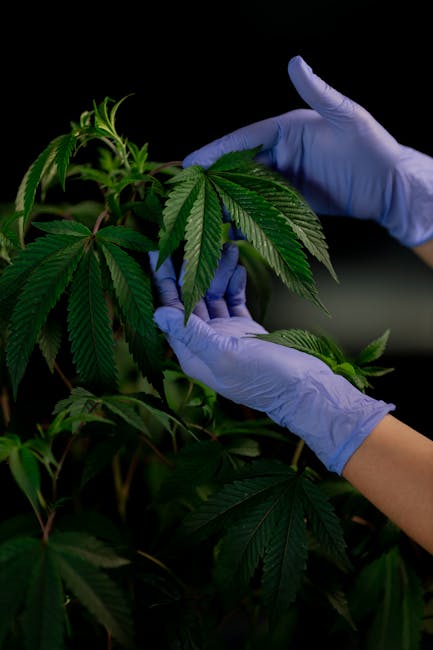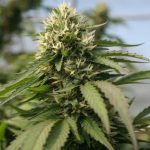The city of Prague‚ known for its rich history and cultural significance‚ has also become a hub for illicit drug trade in recent years. One of the most prominent drugs to hit the streets of Prague is Brazilian cocaine. In this article‚ we will delve into the market share of Brazilian cocaine in Prague and explore the factors that contribute to its popularity.
Brazilian cocaine is a type of cocaine that originates from Brazil‚ where it is produced and then smuggled into various countries around the world. It is known for its high purity and potency‚ making it a sought-after commodity among drug users. The cocaine is often smuggled into the Czech Republic through various routes‚ including by air and land.
Market Share of Brazilian Cocaine in Prague
According to recent reports‚ Brazilian cocaine has gained a significant market share in Prague; The drug is widely available in the city‚ and its popularity can be attributed to its high quality and competitive pricing. Many drug users in Prague prefer Brazilian cocaine over other types of cocaine due to its purity and potency.
Factors Contributing to the Popularity of Brazilian Cocaine
Several factors contribute to the popularity of Brazilian cocaine in Prague. These include:
- High Purity: Brazilian cocaine is known for its high purity‚ which makes it more potent and desirable among drug users.
- Competitive Pricing: The competitive pricing of Brazilian cocaine makes it more accessible to a wider range of users.
- Availability: The widespread availability of Brazilian cocaine in Prague makes it easier for users to access the drug.
Law Enforcement Efforts to Combat Brazilian Cocaine
The Czech police and international law enforcement agencies have been working together to combat the trade of Brazilian cocaine in Prague. They have implemented various strategies to disrupt the supply chain and arrest those involved in the trade. Some of the measures include:
- Intelligence gathering: Law enforcement agencies are gathering intelligence on the smuggling routes and networks used to bring Brazilian cocaine into the Czech Republic.
- Border control: The police are increasing border control measures to prevent the smuggling of cocaine into the country.
- Raids and arrests: The police are conducting raids and arrests to disrupt the supply chain and bring those involved in the trade to justice.
Challenges in Combating Brazilian Cocaine
Despite the efforts of law enforcement agencies‚ there are several challenges in combating the trade of Brazilian cocaine in Prague. These include:
- Cross-border smuggling: The Czech Republic’s location in the heart of Europe makes it vulnerable to cross-border smuggling.
- Corruption: Corruption within law enforcement agencies and other institutions can hinder efforts to combat the trade.
- Lack of resources: Law enforcement agencies may lack the resources and funding needed to effectively combat the trade.
Impact on Public Health
The trade of Brazilian cocaine in Prague also has a significant impact on public health. Cocaine use can lead to a range of health problems‚ including:
- Addiction: Cocaine is a highly addictive substance‚ and users can quickly become dependent on it.
- Heart problems: Cocaine use can lead to heart problems‚ including heart attacks and strokes.
- Mental health problems: Cocaine use can also lead to mental health problems‚ including anxiety and depression.
- Increasing funding for law enforcement: Providing law enforcement agencies with the resources and funding they need to effectively combat the trade.
- Improving public health services: Providing users with access to public health services‚ including treatment and counseling.
- Raising awareness: Raising awareness about the risks and consequences of cocaine use to reduce demand.







The article highlights the complexities of the illicit drug trade and the challenges faced by law enforcement agencies in combating it. I appreciate the author\
I found this article to be very informative and insightful, shedding light on a serious issue that affects many cities around the world, including Prague. The author provides a thorough analysis of the market share of Brazilian cocaine and the factors that contribute to its popularity.
As someone who is interested in international relations and global issues, I found this article to be fascinating and thought-provoking. The author raises important questions about the impact of the Brazilian cocaine trade on Prague and the efforts being made to address it.